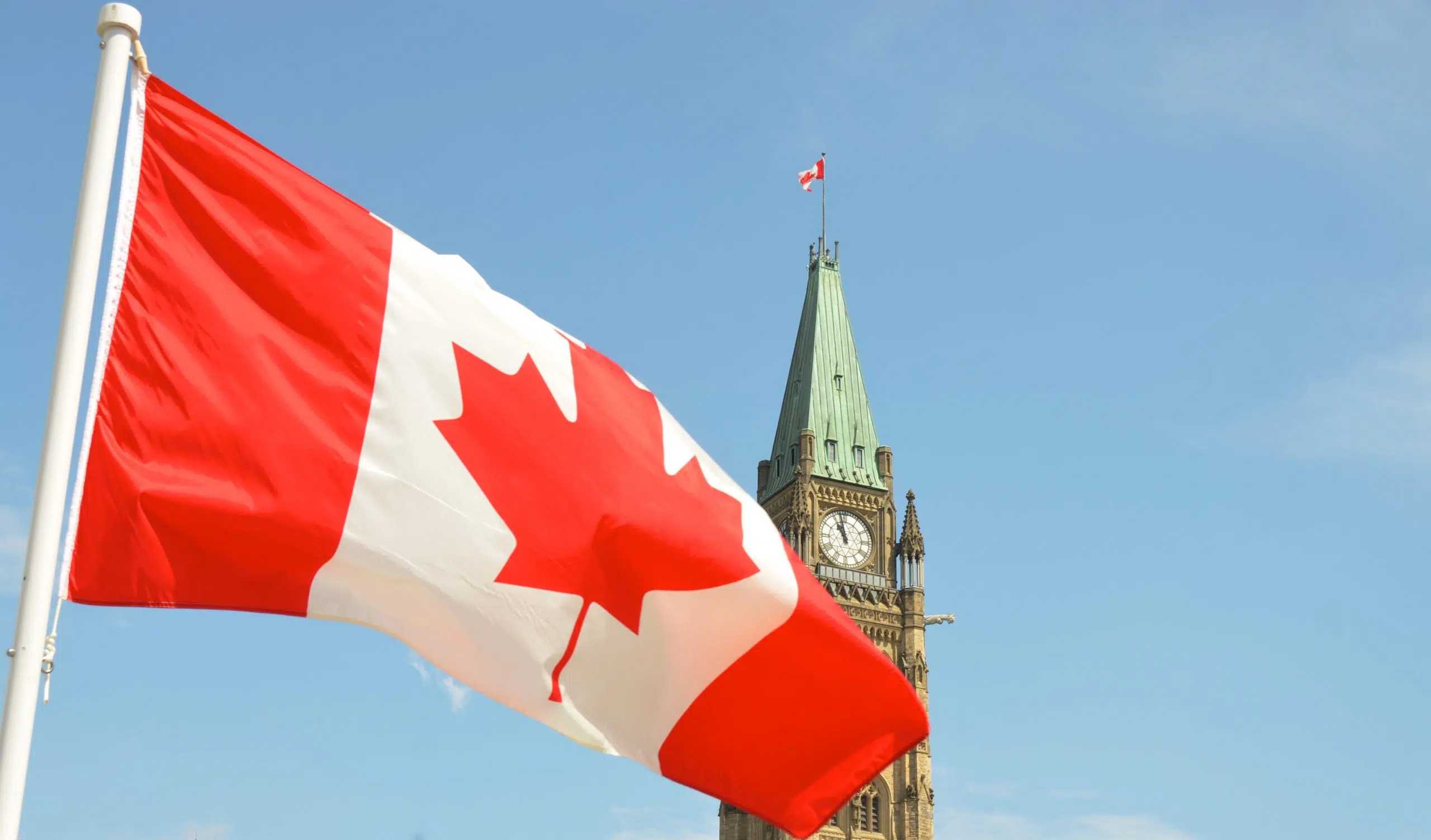The Bank of Canada is holding its key interest rate at five per cent — at least for now.
But the central bank said Wednesday that it may need to go higher to rein in inflation.
The Canadian economy has entered a period of weaker economic growth, which the bank said is necessary to help relieve price pressures.
Economic growth slowed sharply in the second quarter of 2023, with output contracting 0.2 per cent year over year.
“This reflected a marked weakening in consumption growth and a decline in housing activity, as well as the impact of wildfires in many regions of the country,” the Bank of Canada said in its latest update.
“Household credit growth slowed as the impact of higher rates restrained spending among a wider range of borrowers.”
Labour market tightness has also continued to ease, but wage growth remained around four to five per cent.
However, the Bank of Canada said recent consumer price index data indicates that inflationary pressures remain “broad-based.”
CPI inflation increased to 3.3 per cent in July, up from 2.8 per cent in June, and is expected to be higher in the near term before easing again due to the recent increase in gasoline prices.
Year-over-year and three-month measures of core inflation are both running at around 3.5 per cent, which the bank said indicates there has been little recent downward momentum in underlying inflation.
“The longer high inflation persists, the greater the risk that elevated inflation becomes entrenched, making it more difficult to restore price stability,” said the bank.
In July, the bank said CPI inflation is forecast to remain at about three per cent for the next year before declining gradually to the two per cent target in mid-2025.








